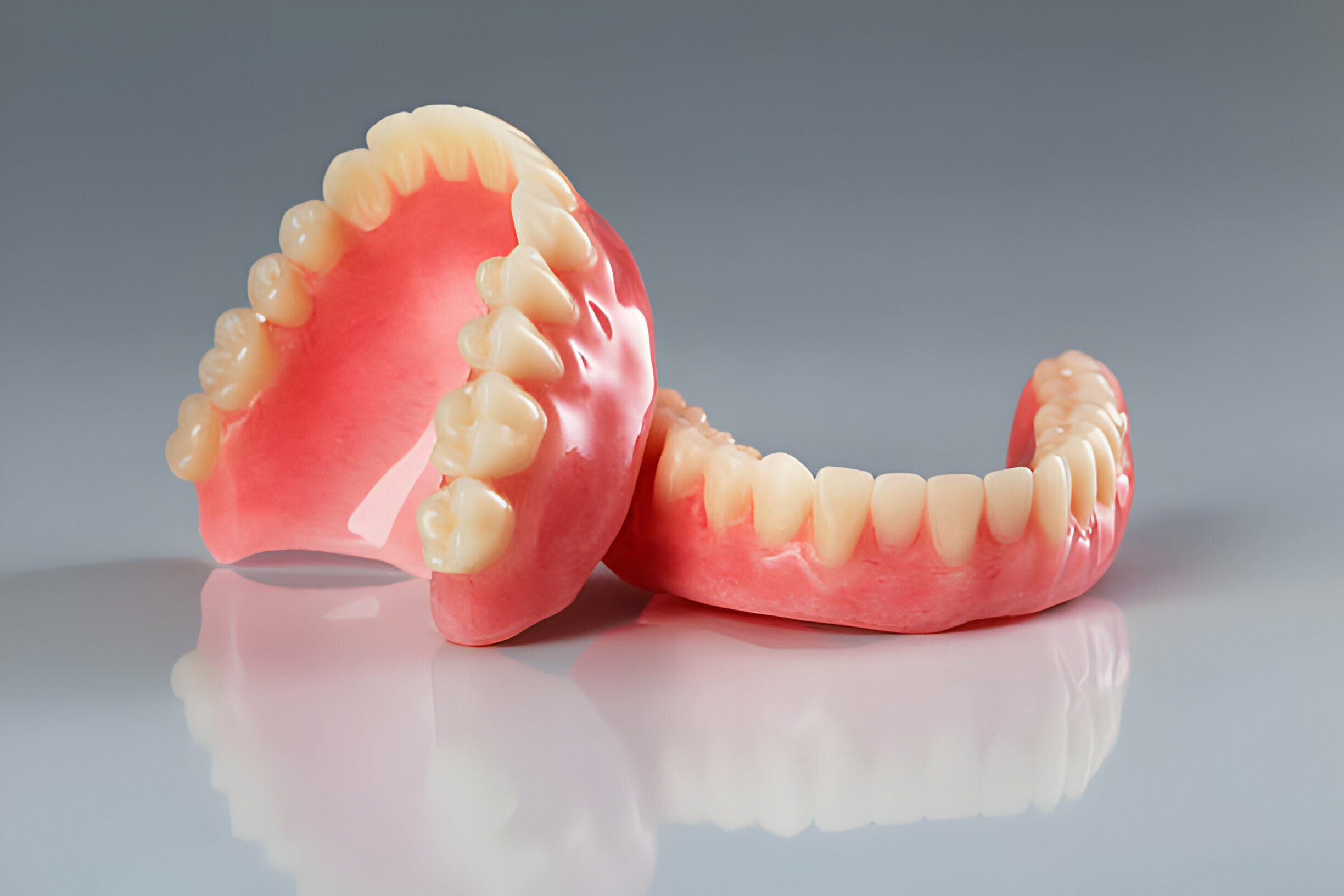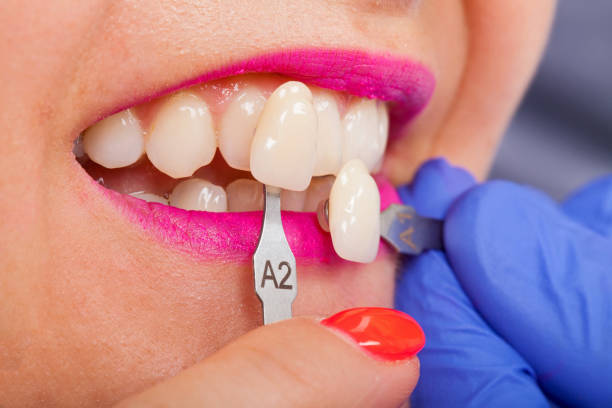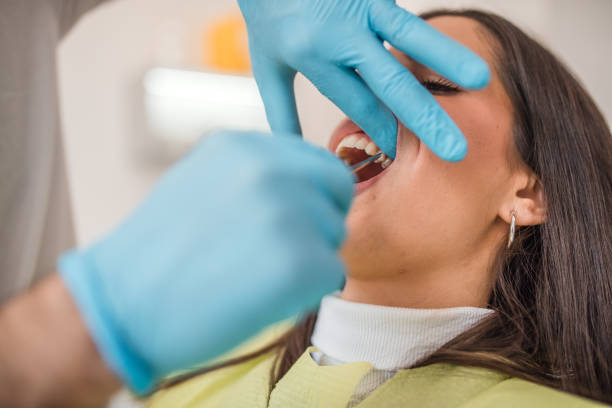Home Discover Signs When Your Dentures Need Adjustments or Repairs?
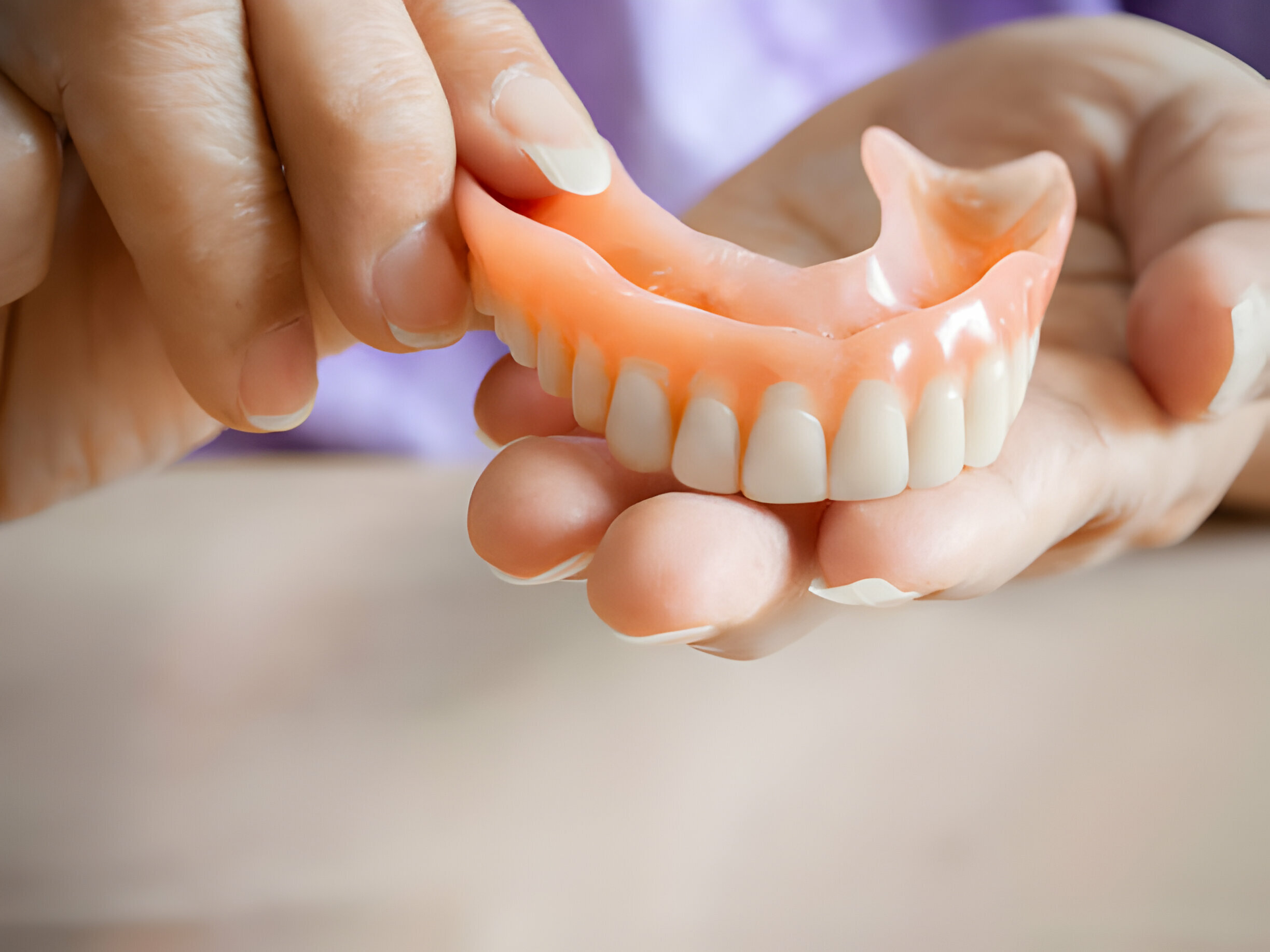
Losing a tooth or teeth is common, even as an adult. You may lose your pearly whites to accidents, poor oral health, or execution. Over 178+ million Americans have at least one missing tooth.
But does it mean you should carry an imperfect smile?
No! That’s where dentures come in.
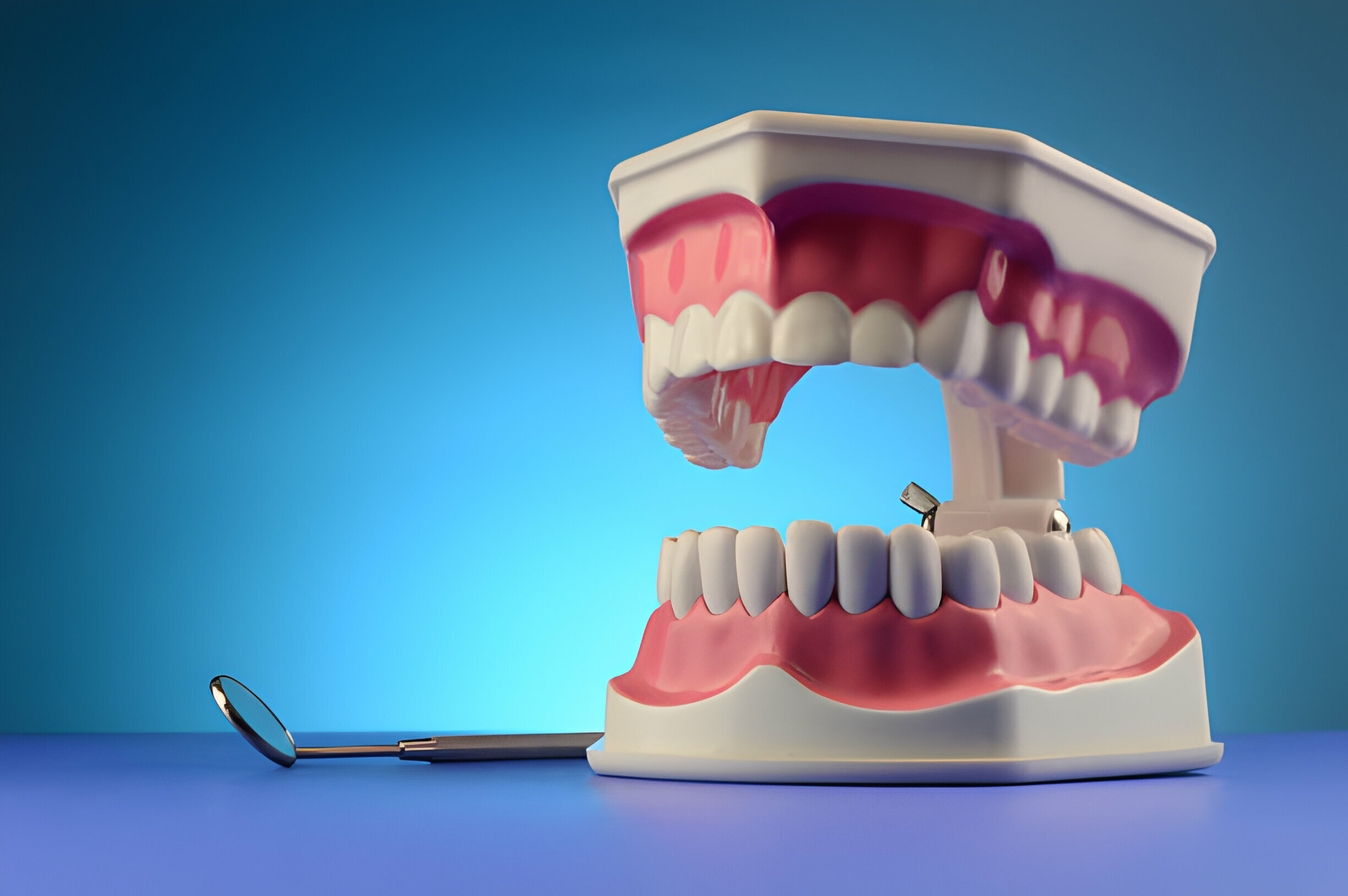
Dentures are designed to replace lost teeth. The objective of ideal denture fitting is to let you eat, speak, laugh, and smile as if your natural teeth were still healthy and present. If the dentures interfere with any of these tasks, there is a possibility that anything is amiss.
If you are here because you have unbearable pain and feel discomfort, we will learn about the following things to understand your situation better:
Continue reading as we learn more about the appliance in the following sections.
Traditional dentures should fit within the mouth without sliding or irritating the gums. Partial dentures that fit correctly align with the natural teeth with little movement. For complete dentures, the top should suction easily to the gum, and the bottom should float slightly above it.
The bite should be assertive and comforting. If your appliance does not fit properly, it is time to arrange an appointment with the dentist in Bloomfield.

Dentures should be repaired anytime they show indications of pain, instability, deterioration, or a poor fit. Your appliance might demand repair or adjustment in the following situations:
Denture sliding is a common problem after receiving new dentures. When individuals cough or laugh, they need denture adjustment as the appliance slips out of position. When individuals grin, their appliances may slip out of position. Patients learn how to maintain false teeth in place by utilizing their tongue and cheek muscles. If the issue remains after activating the muscles, the fit is insufficiently snug, and the false teeth must be modified to remain in place.
Changes in chewing or speaking skills when wearing false teeth may signal the need for a correction. When dentures no longer fit correctly or have slipped out of alignment, it may be difficult to chew certain foods or speak clearly.
Many people suffer mild pain immediately after receiving the appliance. The pain goes away as patients become acclimated to using the prosthesis. However, if the top or bottom dentures hurt, they must most likely be modified. Ill-fitting false teeth can cause painful areas on the gums. Failure to adjust the appliance may cause severe sores and gum discomfort.

Cracks, chips, or fractures in the denture material indicate that repairs are required. Damage to false teeth can jeopardize their function, stability, and looks. Therefore, quick repairs are critical for maintaining their integrity.
Ill-fitting appliances can affect the face’s natural contours, resulting in alterations such as sunken cheeks, drooping lips, and wrinkles around the mouth. These alterations suggest denture modifications to restore correct fit and support.
If you drop your good-fit dentures, walk on them, or put too much pressure on them, you risk shattering a replacement tooth. DO NOT try to reconnect this using home glue or an over-the-counter repair kit.
Correcting this at home may result in an uneven fit and future dental issues. If you have dropped or cracked your false teeth, you should attend your local denture clinic as soon as possible to get them fixed.
Not every drop may shatter a whole tooth. Instead, you may discover that little incidents result in chips, pits, or cracks in your appliance. While crooked dentures may not immediately jeopardize the performance of your denture, they may result in harsh, uneven surfaces that might irritate or damage soft tissue.
Addressing these denture problems as soon as possible is critical so they do not worsen and necessitate a complete denture replacement.
Your teeth are essential in making your cheeks appear full and even. Your denture solution is intended to accomplish this function just as well as natural teeth. If you observe any changes in the look of your cheeks or jawline, you may require a denture repair or correction.
Persistent yellowing or staining of denture material might suggest underlying injury or degeneration. Professional cleaning and polishing can help eliminate surface stains, but you may need repairs for more serious deterioration.
A foul odor or chronic unpleasant taste caused by denture wear may suggest the presence of germs, food debris, or fungus development within the denture. Professional cleaning and repairs from a professional dentist in Bloomfield may be required to remove odor-causing substances and restore oral hygiene.
Initially, putting on your false teeth may feel unusual and foreign, but they should never cause gum inflammation after you adjust. It’s vital to look out for indicators of this, which include:
These symptoms may suggest a flaw in the denture’s surface, which is why it is critical never to settle for an inexpensive appliance. However, you can alleviate these sensations by following a regular oral hygiene practice at home, including using a gentle toothbrush on your false teeth twice daily.
0000
Changes in jaw alignment or difficulties opening or shutting the mouth while wearing quality dentures in New Mexico might indicate the need for modifications or repairs. Misaligned false teeth can lead to jaw discomfort, muscular strain, and temporomandibular joint (TMJ) dysfunction if not corrected.


